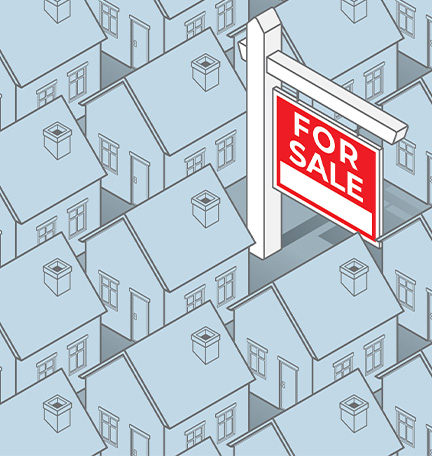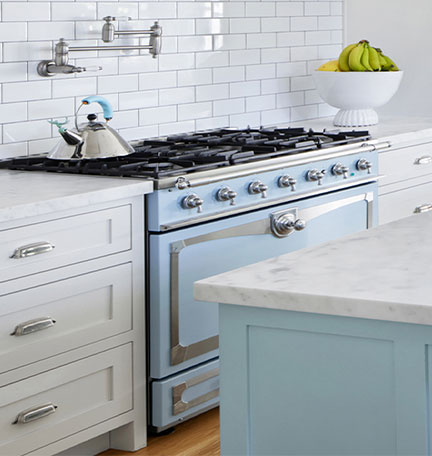Congratulations! You are about to embark on one of the defining events in your life, buying your first home. The joys, comforts and potential financial rewards of home ownership are about as American as apple pie.
But since it's often the single largest purchase most of us will make, the process of buying your first home can be quite involved and lined with milestones. To look more closely at the initial steps in this process, let's assume you've done your research and planning and have decided you're ready for the investment of time and money that a house requires. What now?
Here's a quick list of ideas for first-time homebuyers that will not only help you get started navigating the path to home ownership but can help you save money, too.
How Much House Can I Afford?
Some people will tell you the general rule is that you can afford a house that costs up to two and one half times your annual gross income before taxes are deducted. However, this general rule fails to take into account monthly debt load. There are a number of Regions mortgage calculators that will help you determine how much you can borrow and if you should pay points to lower the rate. As a general rule, monthly housing costs (including mortgage payments, property taxes, insurance and fees) should total no more than 28 percent of your monthly gross income.
Pre Approval
Getting credit pre-approval by a Regions or other qualified mortgage loan officer gives you more flexibility when searching for a home. It's easy to do the calculations yourself with any of the Regions online calculators, but a mortgage loan officer can best give you specific details about the types of mortgage loans that will meet your needs.
The Cost of Buying a Home: Down Payment and Closing Costs
The amount of home you can afford to purchase is directly affected by the amount you have available for a down payment amount and the closing costs you must pay. The down payment is a percentage of the home's value, and the type of mortgage you choose determines the down payment you will need at closing. The minimum amount can range from 3 - 20 percent. Usually closing costs are a percentage of the loan amount and typically run between three and six percent of the mortgage amount.
Credit Report Review
A review of your credit report before you apply for a mortgage allows you time to remedy any incorrect information included on your file. This is important since your credit report will affect the mortgage rate a lending institution will offer you. If your credit is in poor standing, you may wish to improve your credit report before applying for a mortgage so that you save money in the long run.
Obviously, there are more details to buying a first home, from neighborhood considerations and choosing an agent to negotiating your offer and the home inspection process. For more tips and help, see Regions mortgage calculators such as "How much will my mortgage payments be?" or "Which is better: a 15 or 30-year loan term?" For a concise summary of the mortgage process, see Regions Buying a Home.










